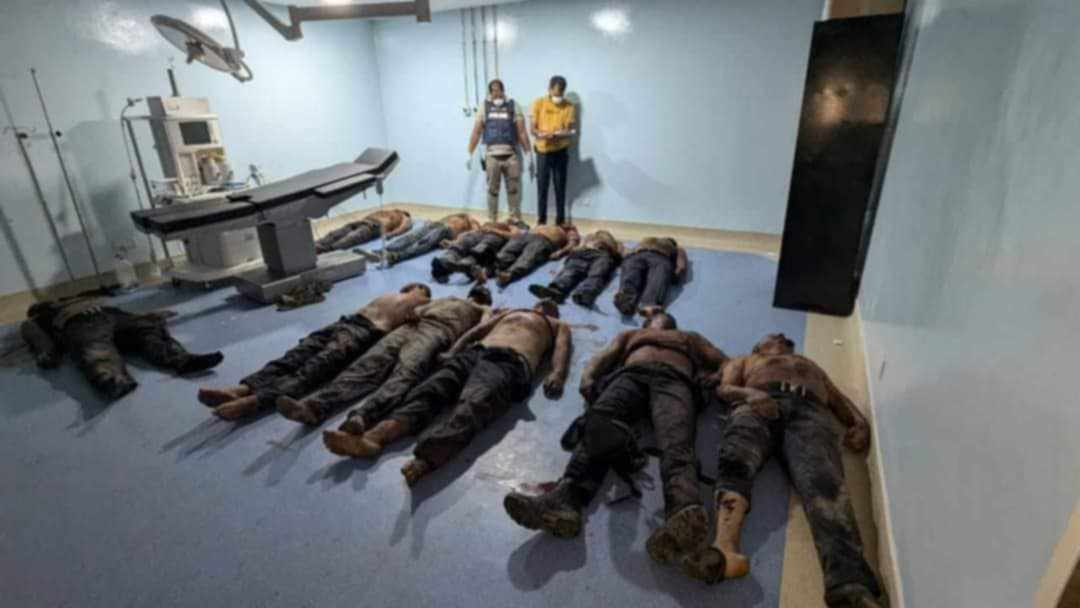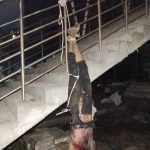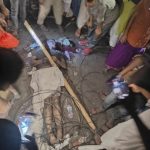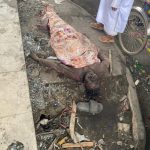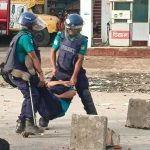The month of July witnessed an alarming increase in violence against police officers, particularly in urban and suburban areas. Officers were attacked with firearms, improvised explosives, and bladed weapons in broad daylight and under the cover of night. Some attacks were carried out by organized criminal groups, while others were fueled by political unrest or social movements protesting against the government.
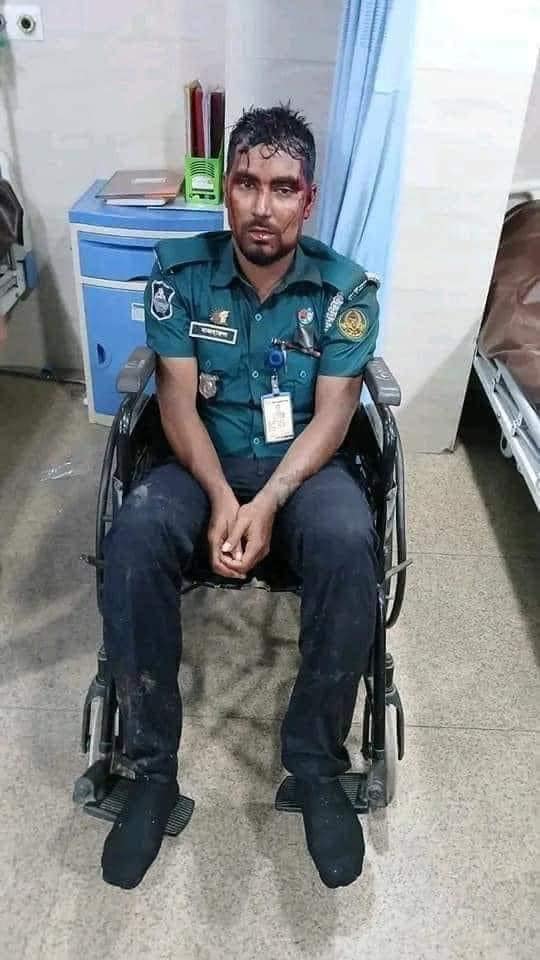
In one of the most brazen attacks, a police convoy was ambushed in Dhaka, the capital, leaving several officers critically injured. Another incident in Chattogram saw a group of officers pelted with stones and bricks, leaving some with broken bones and head injuries. Explosives were also used in several cases to target police stations and patrol units. Many of these attacks were premeditated, with the perpetrators showing a level of coordination that suggests organized networks behind the violence.
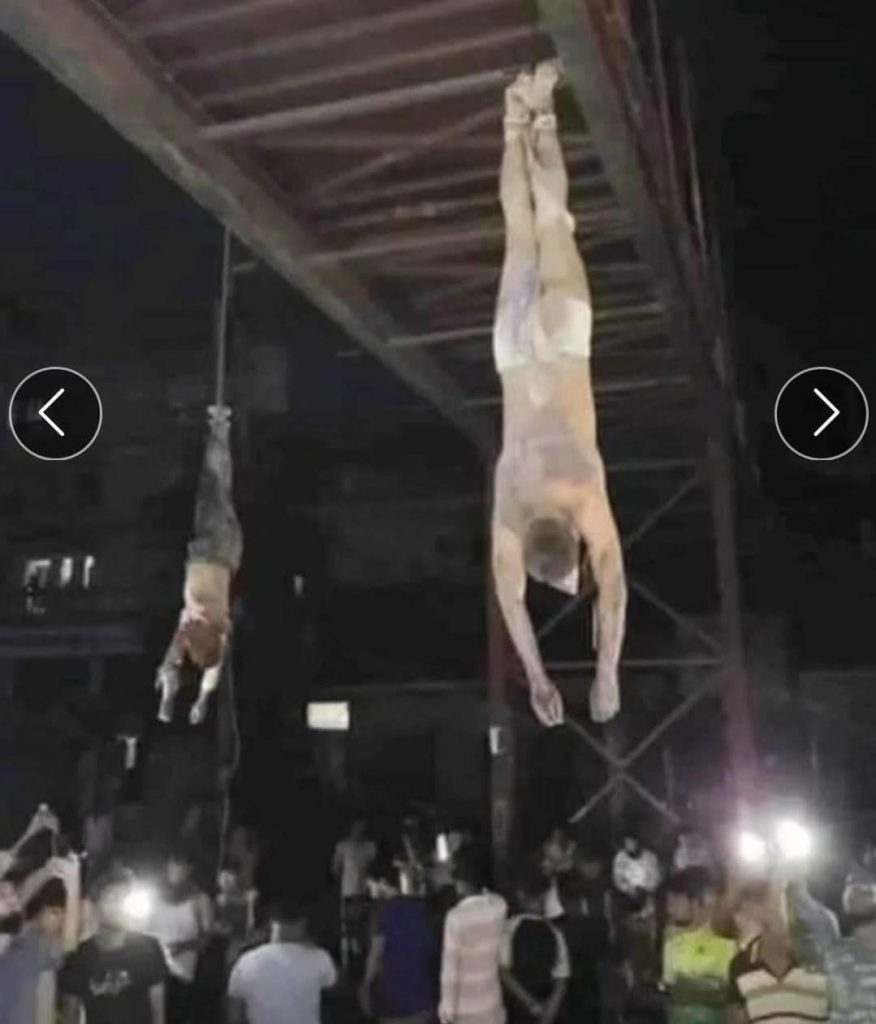
While these attacks have taken a serious toll on police morale, they also raise grave concerns about the safety of citizens in general. When law enforcement becomes the target of violence, it is often a signal of broader instability—one that undermines public trust in the institutions meant to ensure peace and order.
The Consequences: A Strain on Law and Order
The rise in attacks on police officers has profound implications for the country’s security. As police forces are stretched thin, responding to violent crime, political unrest, and growing public dissatisfaction, their ability to effectively enforce the law is compromised. Public safety suffers when law enforcement is weakened, and the criminal underworld gains a foothold.
Moreover, police officers and their families are living in a state of constant fear. Many officers have expressed concerns over the growing threats against them, and some are even leaving the force due to the risks involved. This, in turn, contributes to a shortage of police personnel, making it even more difficult to manage crime and maintain order.
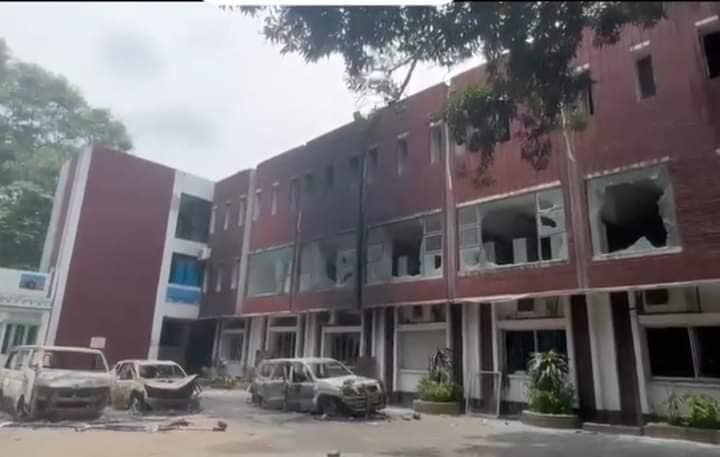
The violence also sets a dangerous precedent. If police officers continue to be attacked with impunity, it could embolden other groups or individuals to escalate their own violent tactics, resulting in more widespread chaos. This creates a vicious cycle of violence and instability that undermines the rule of law.
A Dangerous Trend That Must Be Stopped
The growing attacks on police officers in Bangladesh represent a dangerous trend that threatens the stability of the country. It is a sign of deepening political, social, and economic issues that need to be urgently addressed. While the police force must be protected, it is equally important to address the underlying grievances and corruption that fuel public discontent.
For Bangladesh to move forward, it must ensure that law and order are maintained, that justice is served for all citizens, and that police officers are equipped, protected, and held accountable for their actions. Only through a comprehensive approach to law enforcement reform, economic justice, and political stability can the cycle of violence be broken and a safer, more peaceful society be built for all.
The time for action is now. Justice and peace are not just essential for the safety of law enforcement, but for the safety and future of every citizen in Bangladesh.
